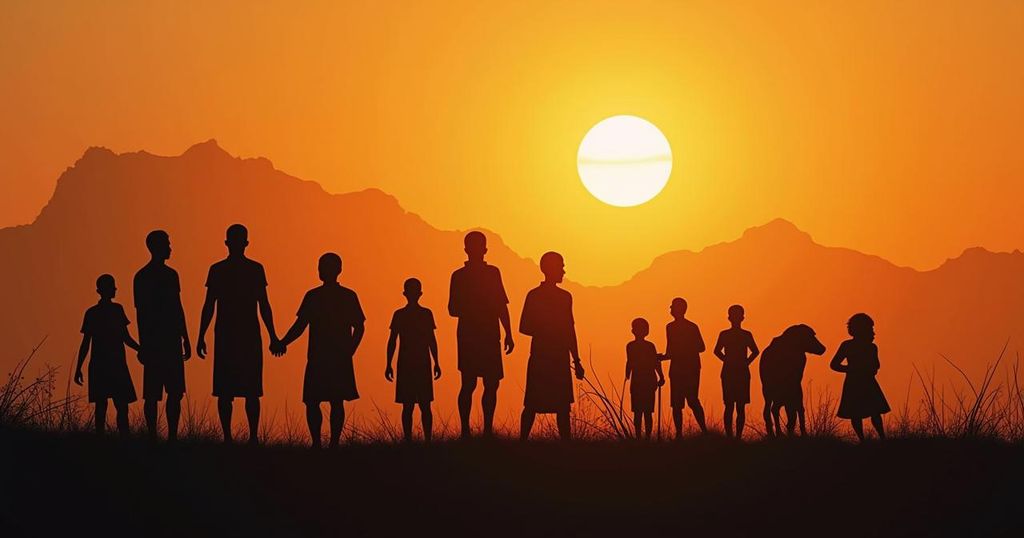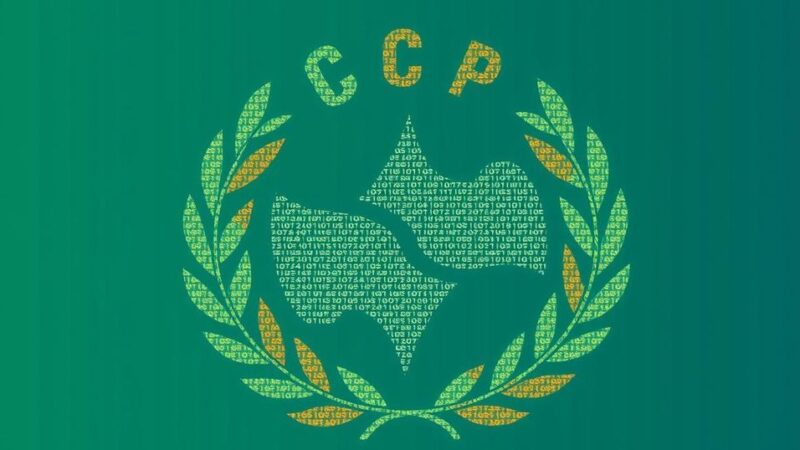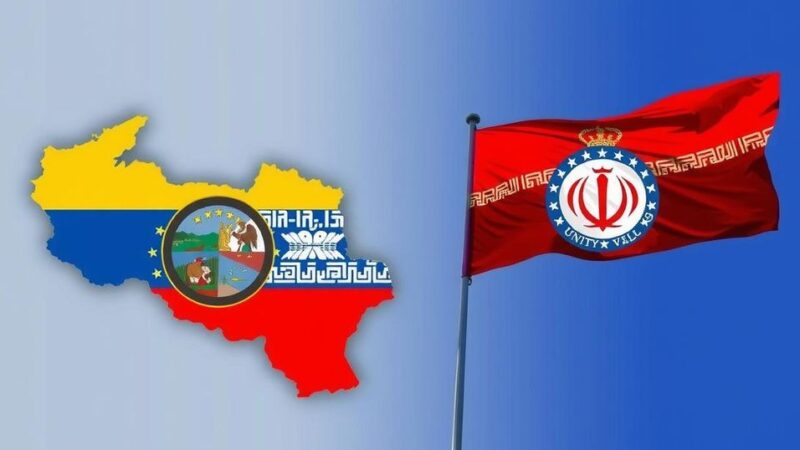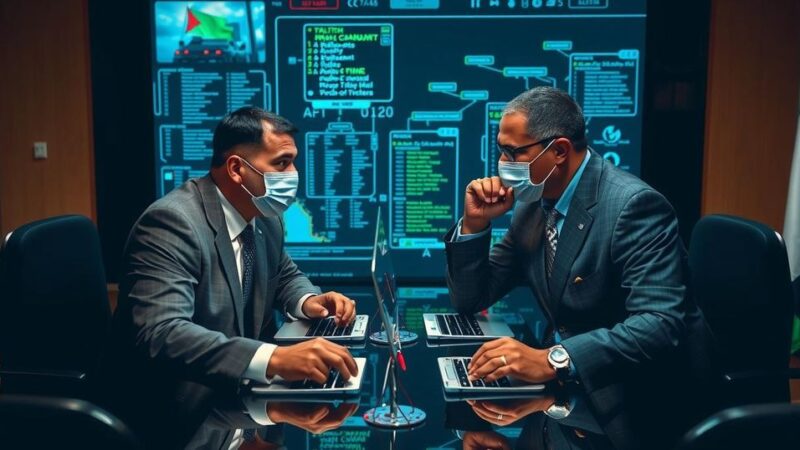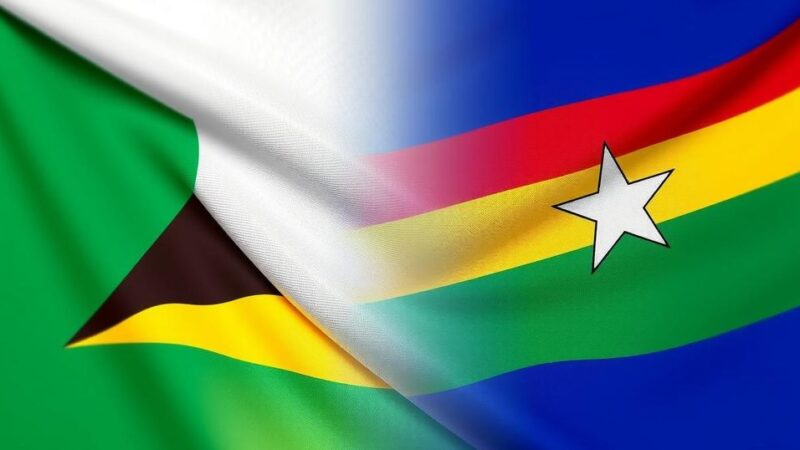Mpox cases are on the rise across Africa, with fifteen countries affected. Major outbreaks are primarily reported in the Democratic Republic of Congo and Burundi. Public health leaders call for increased vaccination and interventions as case numbers swell, alongside calls for international aid, highlighted by US President Biden’s commitment of $500 million and 1 million vaccine doses.
As outbreaks of mpox escalate across Africa, public health officials and global leaders are raising urgent concerns regarding the need for enhanced measures to combat the virus. Currently, fifteen African nations are experiencing active outbreaks, with Morocco being the most recent to report a case. Samuel Boland, the mpox incident manager for the World Health Organization’s regional office in Africa, highlighted that the Democratic Republic of Congo (DRC) and Burundi are the most severely impacted, accounting for nearly 90 percent of all confirmed cases. However, rising case numbers have also emerged in several other countries, including Cameroon, Central African Republic, Nigeria, Côte d’Ivoire, Republic of Congo, Liberia, Uganda, Kenya, Gabon, Rwanda, South Africa, and Guinea. The World Health Organization has identified two distinct clades of the virus; Clade I, previously referred to as the Congo Basin clade, and Clade II, known as the West African clade. Formerly termed monkeypox, mpox spreads primarily through close contact among individuals, as well as through contact with contaminated objects and surfaces. Symptoms typically manifest as fever, rash, and swollen lymph nodes. As of this year, there have been 6,580 confirmed cases recorded, with nearly 32,000 suspected cases that align with clinical definitions of mpox but have not necessarily undergone testing due to various constraints in numerous countries. Tragically, among these suspected cases, 844 individuals have lost their lives, while 32 fatalities have occurred within the confirmed cases since January of this year. Jean Kaseya, the director-general of the Africa Centres for Disease Control and Prevention, stated during a recent virtual briefing that the mpox outbreak remains unchecked in Africa. He emphasized the inadequacy of current vaccine donations, noting, “Today, we have almost around 4 million commitments of doses, but we say we need more.” In support of containment efforts, U.S. President Joe Biden, addressing global leaders at the United Nations General Assembly on September 24, 2024, underscored the urgency to address the mpox situation in Africa. He asserted, “We are prepared to commit $500 million to help African countries prevent and respond to mpox and to donate 1 million doses of mpox vaccine now.” While a specific timeline for the delivery of vaccines to Africa was not provided, the president indicated that these investments would be executed bilaterally via partnerships with countries and also through multilateral organizations. Mr. Boland accentuated the necessity for a comprehensive public health response to this outbreak, advocating for an escalation in efforts that encompass various dimensions of public health. He stressed the need for improved surveillance, including case investigation and contact tracing, engaging communities to report instances of illness, as well as implementing infection prevention measures and effective vaccination strategies.
Mpox, formerly known as monkeypox, has re-emerged as a significant public health issue in Africa. The World Health Organization reports that multiple countries are currently experiencing outbreaks, showcasing a need for improved containment strategies. This resurgence has highlighted gaps in healthcare capacity, especially in testing and reporting suspected cases, which are crucial for controlling the spread of the virus. The identification of multiple clades of the virus emphasizes the necessity for region-specific approaches to vaccination and public health interventions. With recent pledges of financial assistance and vaccine donations from international leaders, there remains an urgent need to address the ongoing crisis in a timely manner.
In conclusion, the mpox crisis in Africa underscores a pressing public health threat that requires immediate and coordinated action from both local and international communities. With a substantial number of confirmed and suspected cases leading to fatalities, experts stress the importance of enhanced surveillance, community engagement, and adequate vaccination supplies to effectively manage the outbreak. Continued funding and support from global leaders, as demonstrated by President Biden’s commitment, will be pivotal in controlling the viral spread and safeguarding public health across the continent.
Original Source: www.voanews.com
